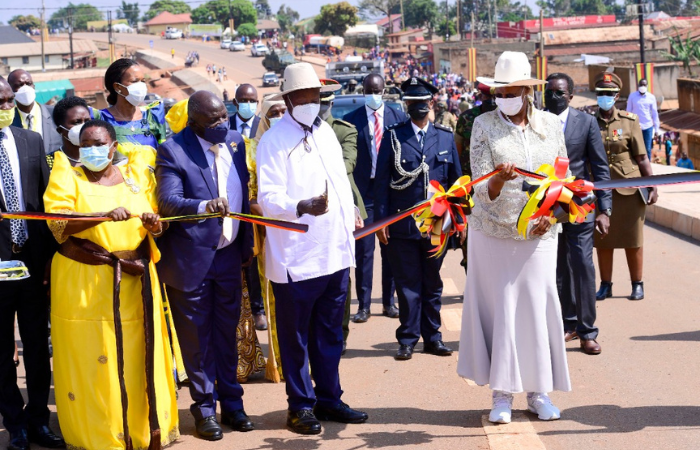
Why public financing of political parties in Uganda remains a sticky issue.

Uganda on January 26th commemorated the 37th National Resistance Movement (NRM) victory day anniversary. After 1986 when President Yoweri Museveni and his NRM party came into power, he instituted the non-party “Movement” system of government that banned political parties from competing in elections for nearly 20 years in order to curb sectarian tensions.
In 2005 however, Uganda held a referendum on restoring multi-party politics. It was until then that the nature of the country’s politics became overpoweringly commercialised. Reports by ACFIM reveal that with the return to multiparty political dispensation, there was an increase in political competition turning elections into a do-or-die affair. Political parties and candidates in Uganda injected lots of money (or money is injected on their behalf) to influence voter behaviour, voting patterns and electoral outcomes for political survival.
Uganda’s multiparty dispensation has been described as a dominant party system in which a single political party continuously dominates election results over running opposition groups or parties. The lack of access to campaign finance has made Uganda’s opposition political parties incapable of putting up a meaningful challenge against the dominant NRM party.
The Liberation celebrations that happened last week serve as a right time for Secrets Known to analyse Uganda’s Political Parties and organisations Act, an Act which should potentially provide an enabling environment for political parties to operate.
5 years after the referendum, Uganda’s parliament reformed the country’s political finance system by amending the Political Parties and Organisations Act, 2005 (PPOA), to provide for the use of Government or other public resources for political party or organisation activities. The amendment improved section 14 as follows:
- registered political parties or organisations shall be funded by Government under this Act in respect of elections and their normal day to day activities;
- in respect of elections, Government shall finance political organisations and parties on equal basis
- in respect of normal day to day activities, funding shall be based on the numerical strength of each party or organisation in Parliament;
- the funds provided to political parties and organisations under this Act, shall be subjected to audit by the Auditor General.
The spirit of this amendment was to make an attempt towards equalizing the conditions for political competition between political parties that are represented in Parliament. Public financing of political parties in Uganda however remains an area of concern because government continues to disregard the law in regards to elections.
In the country’s 2021 general elections, Secrets Known observed that the political finance provisions in the Political Parties and Organisation’s Act (as amended) 2005, were selectively enforced by Uganda’s Electoral Commission (EC). Specifically, section 14(b) (b) which provides that in respect of elections, Government shall finance political organisations and parties on equal basis, was ignored by the EC.
Throughout the campaign period, whereas the funds for political parties were released by the Ministry of Finance Planning and Economic Development, the EC kept applying the formular on numerical strength in parliament which favours the NRM because it takes the lion’s share.
In October 2020, as general elections were only three months way, Uganda’s Ministry of Finance Planning band Economic Development (MoFPED) released funds to the Electoral Commission (EC) amounting to UGX 15 billion ($4.2 million) in respect of Government funding to political parties represented in Parliament.
The proximity of elections notwithstanding, the EC applied the numerical strength formular prescribed in section 14(c) (“in respect of normal day to day activities, funding shall be based on the numerical strength of each party or organisation in Parliament of numerical strength”). Thus, the NRM party once again took the lion’s share of UGX 12 billion out of 15 billion translating into 80% of the total disbursement thus giving the ruling party an unfair political finance advantage over the parties in opposition.
Secrets Known infers that ignoring the formular prescribed in section 14(b) – equal basis – was done deliberately to avoid according financial strength to political parties in opposition during campaigns for the general election. Whereas section 14(b) of the Political Parties and organisations Act (as amended) 2005 enjoins Government to finance political parties and organisations on equal basis, the provision has been ignored ever since the amendment came into effect.
By insisting on the formular of numerical strength, the electoral commission granted the NRM party undue advantage over the opposition political parties. By ignoring the formular prescribed in section 14 (b), opposition political parties were denied funding that would have enabled them to field more candidates at different electoral levels. Needless to say, the right of opposition political parties to field as candidates at different electoral levels, was violated.
By extension, the citizens of Uganda were denied the right to choose leaders from a wide range of options because on many electoral positions, it was NRM flag bearers competing with independent candidates who were often, NRM-leaning.
Opposition political parties lacked the wherewithal to popularize their campaign messages in the media, deploy quality polling agents, and field more candidates at Local Government level. This imbalance in political finance among other factors, created and maintained an uneven playing field and undermined the fairness of campaigns.
Secrets Known recommends to Uganda’s Ministry of Finance Planning and Economic Development to plan for an implement Section 14(b) of the Political Parties and Organisations Act (as emended) 2005 which provides for government financing political organizations and parties on equal basis in respect to the next elections in 2026 and future ones to come.


